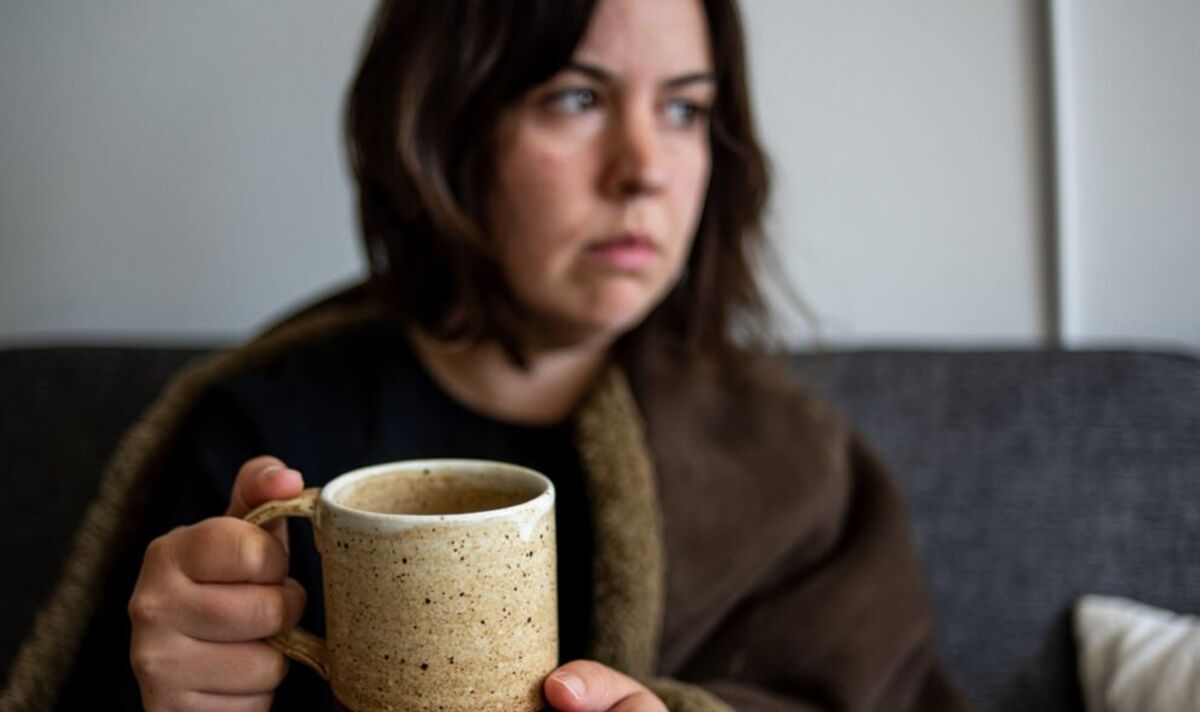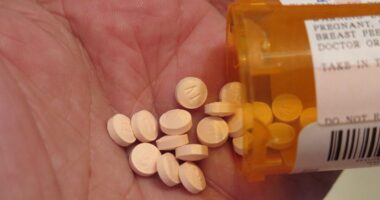Coffee is a popular beverage, known for its ability to help with focus and boost energy levels.
Studies have also shown it can lower the risk of type 2 diabetes, support heart and brain health, promote weight loss, and increase longevity.
But if you suffer three symptoms it may be time to stop your daily cup of joe.
Dr Sooj, an NHS GP and A&E doctor, said you should drink less coffee if you’re struggling to sleep or you’re having anxiety or heart palpitations.
Addressing his 59,000 followers on TikTok, Dr Sooj further advised: “Please reduce the amount of coffee that you’re drinking. Ideally stop it completely.”
Dr Sooj said while there are some health benefits to drinking coffee, sleep should be prioritised.
He explained: “Coffee has a long half life and it stays in your system way longer than you think it does.
“This means your morning cup of coffee is likely to still be in your system when you try to go to bed that night, and it will massively reduce the quality of your sleep.”
When it comes to blood pressure, the NHS says drinking more than four cups of coffee a day may increase your reading.
For heart health, British Heart Foundation dietician Victoria Taylor says a moderate amount of tea or coffee (four or five cups a day) should be fine for most people.
She adds: “Research shows that this level of caffeine intake shouldn’t be detrimental to your heart health, affect your cholesterol levels or heart rhythm.
“Although drinking coffee has been shown to increase blood pressure, this effect is usually temporary and is minimised over time if you drink caffeinated drinks regularly.
“Some people are more sensitive to caffeine and can experience palpitations. If this is you, then it’s sensible to avoid caffeine.
“Remember that caffeine is found in quite a few sources including: tea, green tea, coffee, energy drinks, cola and chocolate.”









